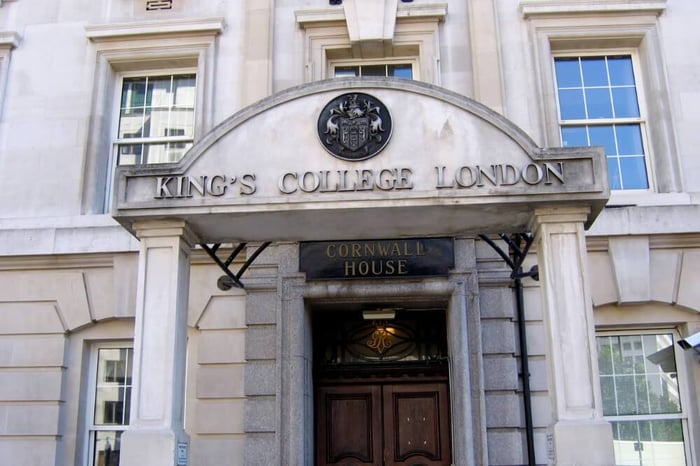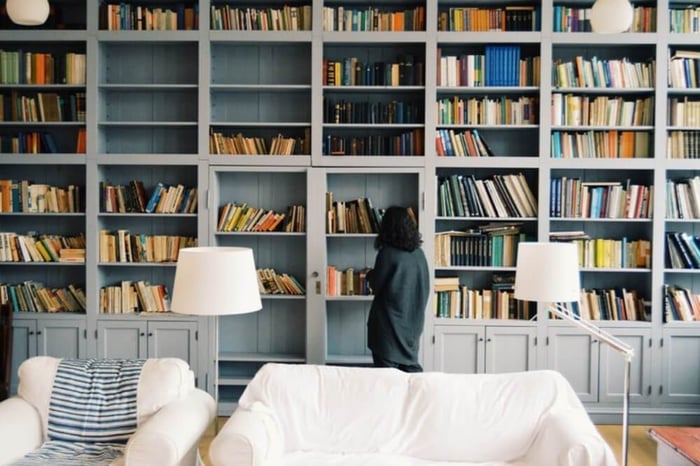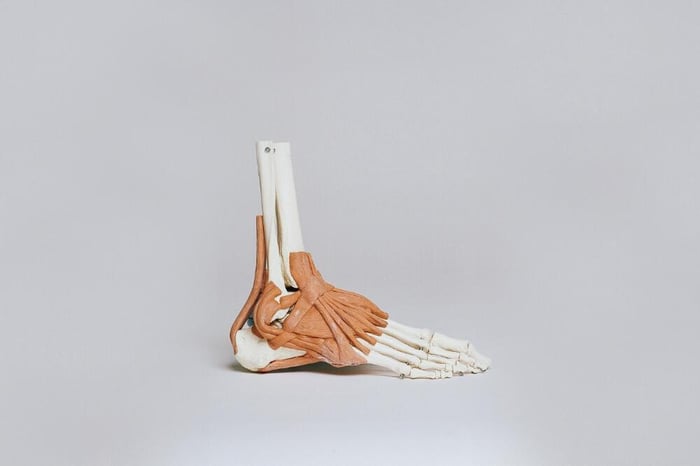
My Experience as a Student at King's College Medical School
I am a Medical Student at King’s College London where I have studied 2 years of Medicine and 1 year of Global Health, which I took as an intercalated BSC at King’s. So far I have successfully made it through 3 years at university, which makes me halfway through my degree.
This blog gives you a little insight into what it is like to study Medicine at King’s. I will also discuss how to live in London, which has successfully managed to hold the title as the: ‘most expensive city in Europe’ for 3 years running. So now, by proxy, I’ve successfully accomplished living in the most expensive European city as a full time student. If that is not an achievement, then I’m not sure what is!
WHAT TO EXPECT AT KCL
King's medical teaching is very similar to that offered by other integrated courses with the first 2 years of the course demanding students to sit through 9-5 lectures every day. The lectures were mixed up with dissection practices and histology. During the week, you also have scheduled tutorials where you have to prepare work for questions beforehand.
While histology classes tend to drag a little, dissection classes were so interesting as each tutorial group were given a cadaver each to study. These sessions coincided with anatomy lectures that we received and I have 2 top tips:
DISSECTION CLASS TIP 1
One thing that I was warned very seriously about was the anatomy munchies. The cadavers are prepared with certain chemicals that notoriously give of a pungent odour that can make you very hungry... I didn’t really experience this but perhaps prepare for dissection by eating (whilst furiously cramming in anatomy notes).
DISSECTION CLASS TIP 2
Be careful when you're using a scalpel to get rid of any fascia (fatty layer on the cadaver) as it can flick everywhere and is really greasy.
CHALLENGES I FACED IN MEDICAL SCHOOL
BACK TO THE FUTURE
The curriculum has changed now meaning that 1st and 2nd years have a lot more clinical practice than before. Even so, I didn’t mind 1st and 2nd-year lectures as it was almost like a continuation of high school. However, I was ready for a much-needed science hiatus after 2nd year and so I took an intercalated year in Global Health for a change.
REASONS WHY I TOOK BSC
- I needed a break from science
- A more flexible timetable which let me take on more roles in the hockey club
- I wanted to study something I was always interested in but had not dedicated time to
- Learning that the world is a very complicated place and improving my vocabulary to words like neoliberalism, which instantly improves your IQ if it is dropped into a casual conversation
During my BSc, I had lectures based at Denmark Hill campus in Camberwell (next to King’s College Hospital) for 3 days a week with seminars mixed in between. Most of the studying in my BSc centred on doing readings and writing essays which vastly differs from the multiple choice questions that you revise for studying medicine.
SOCIETIES AT KING’S COLLEGE
WHY DID I CHOOSE KING'S?
There are many tricks that make student living in London a bit easier!
LESSON 1: ACCEPT AND BEFRIEND YOUR OVERDRAFT
On top of tuition fees going into your overdraft is annoying but unavoidable. It’s good to remember that at the end of the day you are almost guaranteed a foundation year job so don’t stress, unemployment won’t last forever! I’d recommend starting a student bank account as banks often give freebies when you open one. I started a Santander student account and got a free 5-year railcard, which is so good considering I live in the far North and travel on trains between London and home a lot.
LESSON 2: WALKING IMPROVES YOUR HEALTH AND BANK ACCOUNT
Central London is actually relatively small and often places are only 1 mile away but it can take up to 30/40 minutes on the bus/tube. Fares can quickly add up so my answer is to just walk it! Walking saves time, money and means you can spend your bus fare on coffee instead.
LESSON 3: IF YOU’RE LOST, WALK TOWARDS THE SHARD
Very quickly after moving to London you’ll realise that you can get lost and end up in some questionable areas. The best way to navigate around is by downloading the app Citymapper.. In 1st year, I followed the rule of ‘walk towards the shard’ if I ever got lost and needed to find my way back to Guy’s Campus or my halls of residence.
LESSON 4: SOUTH LONDON IS “UP AND COMING"
Students studying at Guy’s Campus tend to live in South London, from London Bridge to areas around Camberwell. Many people in London look down on the South as a bit of a rougher place compared to North of the Thames. Yes, North London has Covent Garden, Oxford Street, Kensington and the likes of the Made in Chelsea crowd. BUT what it doesn’t have is UP AND COMING AREAS - South London really does have some cool areas and is definitely more affordable to live in.
LESSON 5: ALWAYS CHOOSE TOP-DECK ON A BUS
An important note is that buses are cheaper than the tube and if you do choose the bus, make sure to sit on the top deck for the best air conditioning and the best views!
LESSON 6: 49P FILTER COFFEES EXIST!
This is a lesson I recently discovered and it has changed my life! During exam time, most of my money goes on library snacks and caffeine. It is vital that you invest in a reusable cup because it is nice to help our planet AND it means Pret deducts 50p off any hot drinks, so a 99p filter coffee becomes 49p!
MY FINAL THOUGHTS ON STUDYING MEDICINE AT KING’S COLLEGE LONDON
King’s is a great option if you're looking to study Medicine in London without immediately having to commit to studying for 6 years. Even though the different campuses are spread out, Guy’s campus almost feels like a mini-university within King’s, as most home and international students in GKT societies study at this campus and all know each other. I would definitely pick to study here again and I’m looking forward to my clinical teaching in some of the most renowned hospital wards in the country. I’d definitely recommend studying here!
We hope you found this information useful in helping you get a sneak peek into life at medical school. If you have any questions or need advice don’t hesitate to email us at [email protected].



